Car Maintenance Tips
Regular car maintenance tips is essential for keeping your vehicle in top shape, improving safety, fuel efficiency, and longevity. Key tasks include regular oil changes every 3,000 to 5,000 miles, replacing the air filter annually, and maintaining proper tire pressure for better handling and even wear. Battery health checks help prevent breakdowns, while inspecting brakes, belts, and hoses ensures safety and reliability. A clean car, inside and out, protects paint and maintains a pleasant driving environment. By following these tips, Mech Tips Zone readers can keep their vehicles running smoothly and efficiently.

All Car Maintenance Tips

No Electrician Needed: How to Replace a Faulty Outlet Like a Pro

Clear Vision Ahead: Expert Tips for Maintaining Car Headlights

How to Check and Replace Spark Plugs Like a Pro

Best Practices for Maintaining Car Transmission | Expert Tips

From Safety to Smooth Stops: How to Perform a Brake Fluid Flush
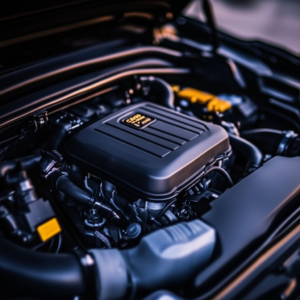
Best Tips for Keeping Car’s Engine Clean | Expert Guide

Clear Vision Ahead: A Complete Guide on How to Replace Windshield Wipers

How to Check and Top Up Coolant: Easy Car Maintenance Guide
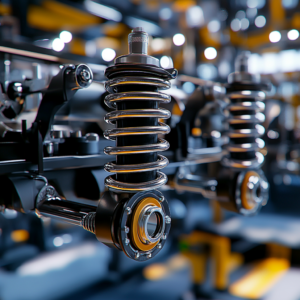
Ride Like New: Top Tips for Maintaining Your Car’s Suspension
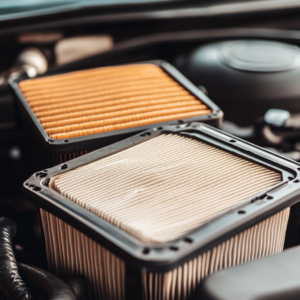
How to Replace a Car Air Filter: Tips, Tricks, and Best Practices
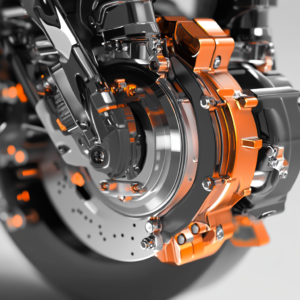
Everything You Need to Know About How to Change Brake Pads

Tips for Improving Fuel Efficiency : Maximise Your Miles
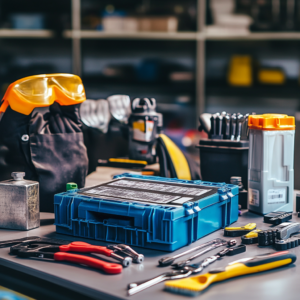
How to Replace a Car Battery: A Step-by-Step Guide for Beginners

Best Practices for Tire Maintenance: Extend the Life of Your Tires

How to Change Engine Oil at Home: A Complete DIY Tutorial
Replace Air Filters
The air filter plays a crucial role in keeping your engine running smoothly by preventing dust, debris, and contaminants from entering the engine. A clogged air filter restricts airflow, reducing engine efficiency, and can lead to poor fuel economy, reduced power, and difficulty starting the car. It’s important to inspect the air filter every 12,000 to 15,000 miles, or more frequently if you drive in dusty environments. Replacing a dirty or damaged air filter ensures that your engine can breathe freely, improving performance and extending engine life. A simple air filter replacement can make a noticeable difference in your car’s overall efficiency.
Brake System Maintenance
The brake system is essential for your safety, so regular maintenance is crucial. Worn brake pads, low brake fluid, or issues like squeaking and a soft brake pedal can signal problems. Check your brake pads every 25,000 to 70,000 miles, depending on your driving conditions, and replace them as needed. Also, monitor brake fluid levels and replace the fluid periodically to ensure optimal braking performance. Regular brake inspections help prevent unexpected failures and ensure your car’s safety on the road.














